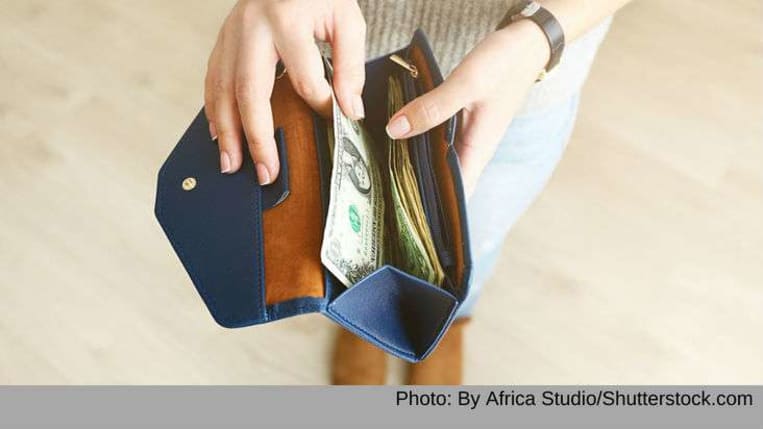
Scam Alert: Your Unclaimed Rewards Could Be a Hoax
Free cash you didn’t know you had? It sounds like a dream come true, but it’s actually a trick many consumers have reported to BBB.org/ScamTracker. In this scheme, con artists use the false promise of unclaimed rewards to fool consumers into giving up their credit card information.
How the Scam Works
You receive a postcard in the mail, an email, or a message on social media stating you have an unclaimed reward that can be redeemed with major retailers, such as Walmart and Target stores. According to the message, your reward is worth $100 dollars or more. But you had better act quickly, because you only have a few more days to redeem it. You are given a phone number to call to find out how to get your reward.
When you call, you are asked for personal information in order to “confirm your identity.” Con artists may ask you for your name, address, government ID number, or other sensitive details. Once your identity is confirmed, you may be asked to pay a small fee to cover mailing costs. Now, the person needs your debit or credit card number. Scammers will have gained access to your personal information and may attempt to make fraudulent charges using your card information. And, of course, your “unclaimed money” will never arrive because it never existed.
How to Protect Yourself from Unclaimed Asset Scams:
Unclaimed money comes from accounts in financial institutions and companies where there’s been no activity or contact by the account owner in more than a year. Mostly common those are savings or checking accounts, stocks, uncashed dividends, security deposits, and tax refunds.
- Think you have unclaimed assets? In the United States, there is no central place to look for unclaimed assets. Unclaimed.org has links to resources for each US state (and some Canadian provinces). In Canada, unclaimed balances are transferred to the Bank of Canada, where residents can claim them.
- Be wary of unsolicited correspondence. If you receive an unsolicited letter, phone call, email or any other kind of correspondence from a stranger, be careful! Most legitimate companies will not contact you this way unless you have previously given them permission to do so.
- Never give your personal information to strangers. Never give anyone you don’t know and trust access to any of your personal information. This includes your full name, phone number and address, your ID numbers, and your banking information.
For More Information
To find out more about how to protect yourself from scams and con artists, visit BBB.org/ScamTips. In the United States, learn more about unclaimed money and how find it at USA.gov/unclaimed-money.
If you’ve been the victim of a scam, help others avoid the same fate by reporting your experience on the BBB.org/ScamTracker.
The Better Business Bureau of Central and Northwest North Carolina contributed to this article.

Still Need Assistance?
Contact Your Local BBB
Your local Better Business Bureau can assist you with finding businesses you can trust. Start With Trust®.
Additional Resources
Let BBB help you resolve problems with a business
Research and report on scams and fraud using BBB Scam Tracker
Learn more about the value of BBB Accreditation